Nội Dung Chính
Page 126
Superlative adjectives
| Short adjectives |
| Regular | add -est cold → the coldest |
| End in -e | add -st strange → the strangest |
| End in consonant +y | change y → i and add -est noisy → the noisiest |
| End in consonant + vowel + consonant | double consonant and add -est hot →the hottest |
| Long adjectives |
| colourful → the most colourful |
| Irregular adjectives |
| good → the best bad → the worst far → the furthest / the farthest |
Usage
We use superlative adjectives to compare three or more things, places or people. To make superlatives, put the before the adjective, and add -est to the adjective, or most before longer adjectives.
The South Pole is one of the coldest places in the world.
What is the hottest part of your country?
The mountain gorilla is one of the rarest animals in Africa.
The blobfish is one of the most interesting creatures in the sea.
London Zoo is the best zoo in the UK.
January is the worst month to visit this country.
This is the furthest town from the capital city.
Remember: the always goes before the superlative.
These giraffes are the most beautiful animals in the National Park. NOT These giraffes are most beautiful animals in the National Park.
Where is the highest mountain in this area? NOT Where is highest mountain in this area?
can for ability and permission
To make the affirmative form of can, use the subject plus can plus the base form of the verb. Can has the same form for I, you, she, he, it, we, you and they.
I can play basketball.
She can speak English.
Bears can swim.
We make the negative form with the subject plus can't (cannot) plus the base form of the verb.
In spoken and informal written English, we often use the short form can't.
Adam can't run very fast.
Ostriches can't fly.
We make questions with can plus the subject plus the base form of the verb.
Can you play a musical instrument?
Can camels survive in cold places?
Remember: Always use the base form of the verb with can, not the full infinitive.
Rabbits can run fast. NOT Rabbits can to run fast.
Remember: Never use the auxiliary verb do / does in questions with can.
Can you dance? NOT Do you can dance?
Usage
Can is used to express ability and permission.
Ability
I can speak French and German.
Can your sister swim? Yes, she can.
Can you play tennis? No, I can't.
Can your older brothers speak French? Yes, they can.
Permission
Can I watch that new programme on TV?
Yes, you can.
Can we go to the theatre tomorrow?
No, you can't.
Questions with How ... ?
To make questions with How, use How plus an adjective or adverb plus a verb.
How heavy is a crocodile?
How fast can an ostrich run?
How far is the station from here?
How long is this wildlife programme?
Use How many ... ? to ask about the number of things.
How many pandas are there in China?
How many elephants are there in this zoo?
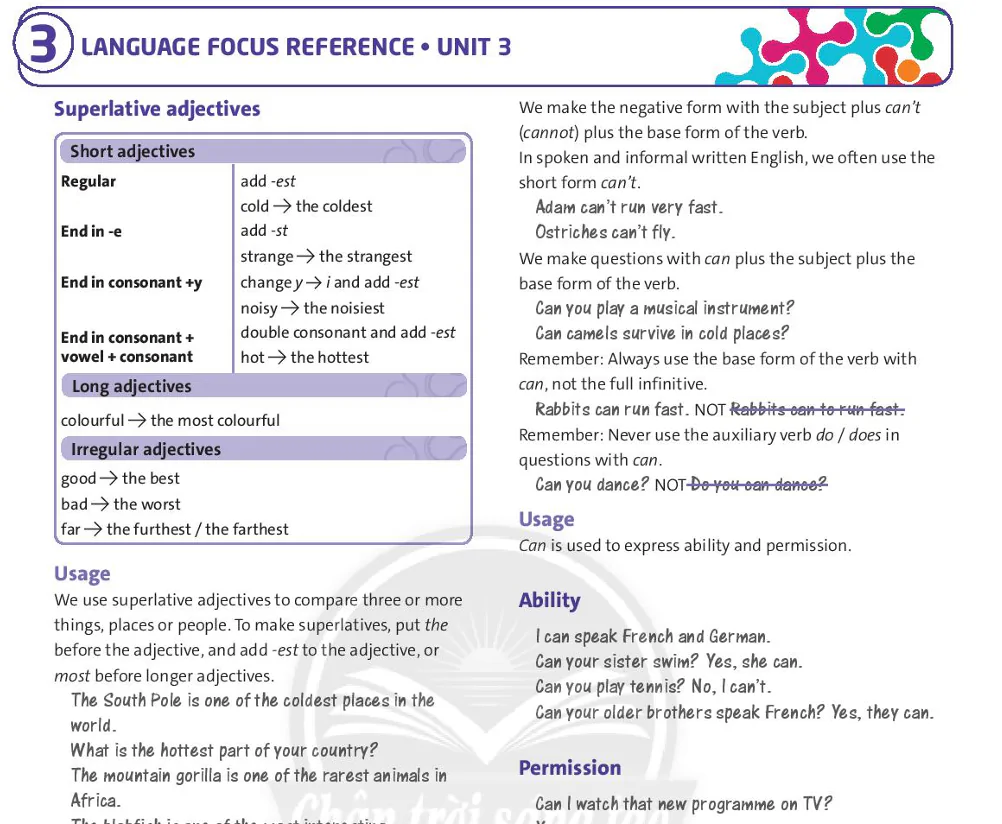


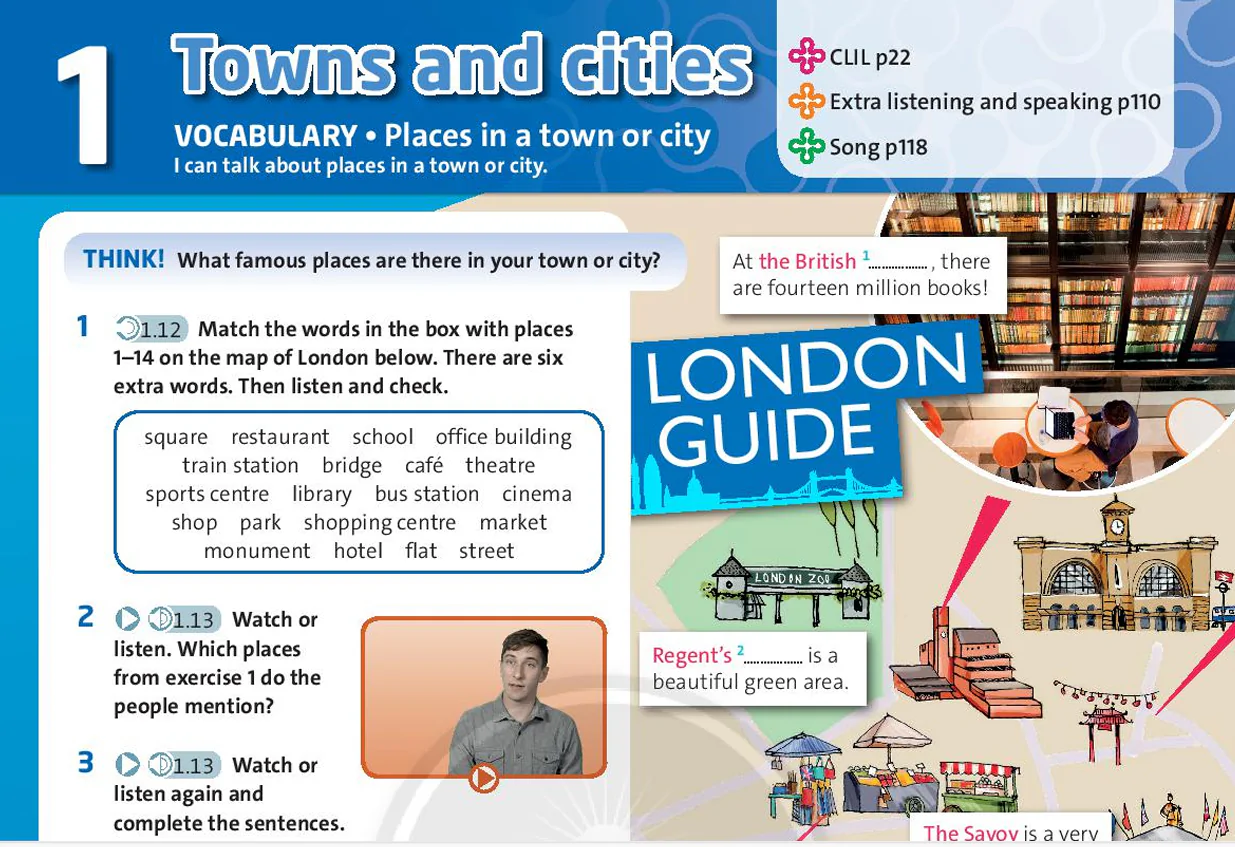
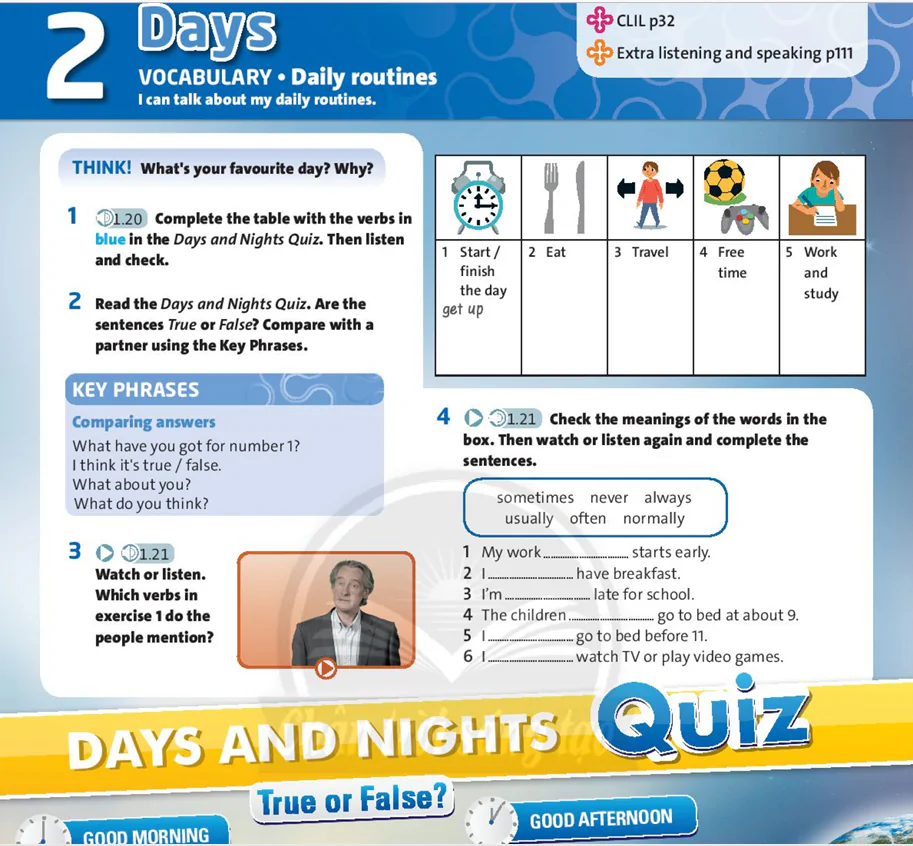
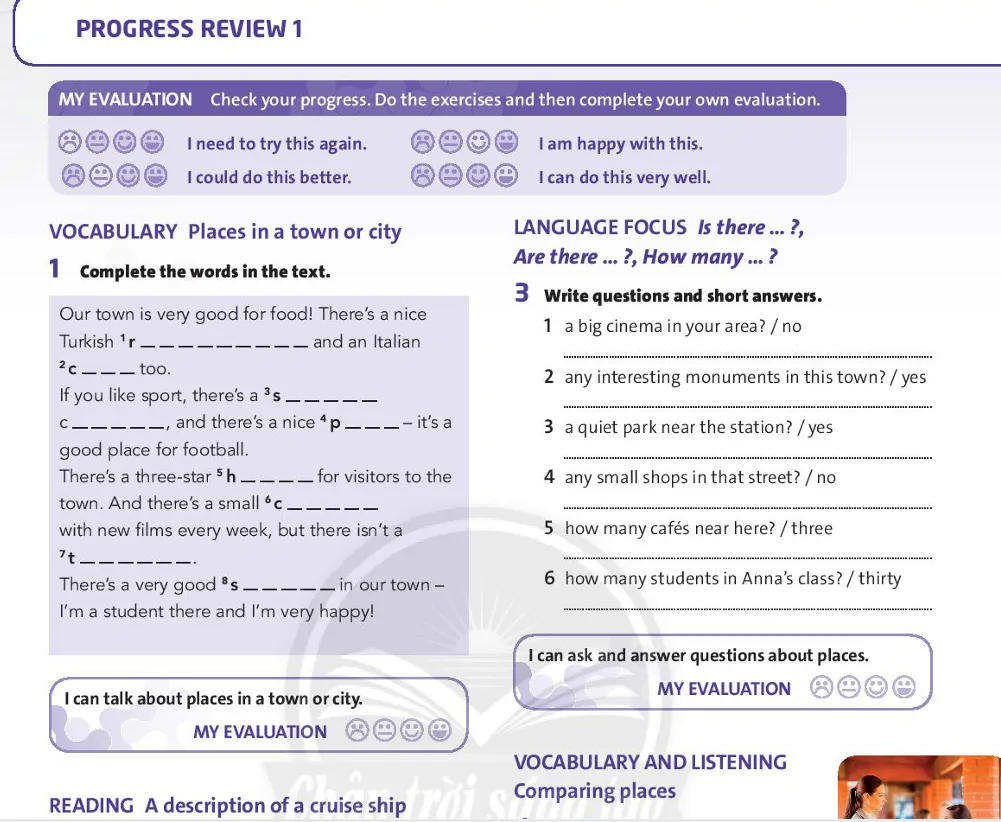
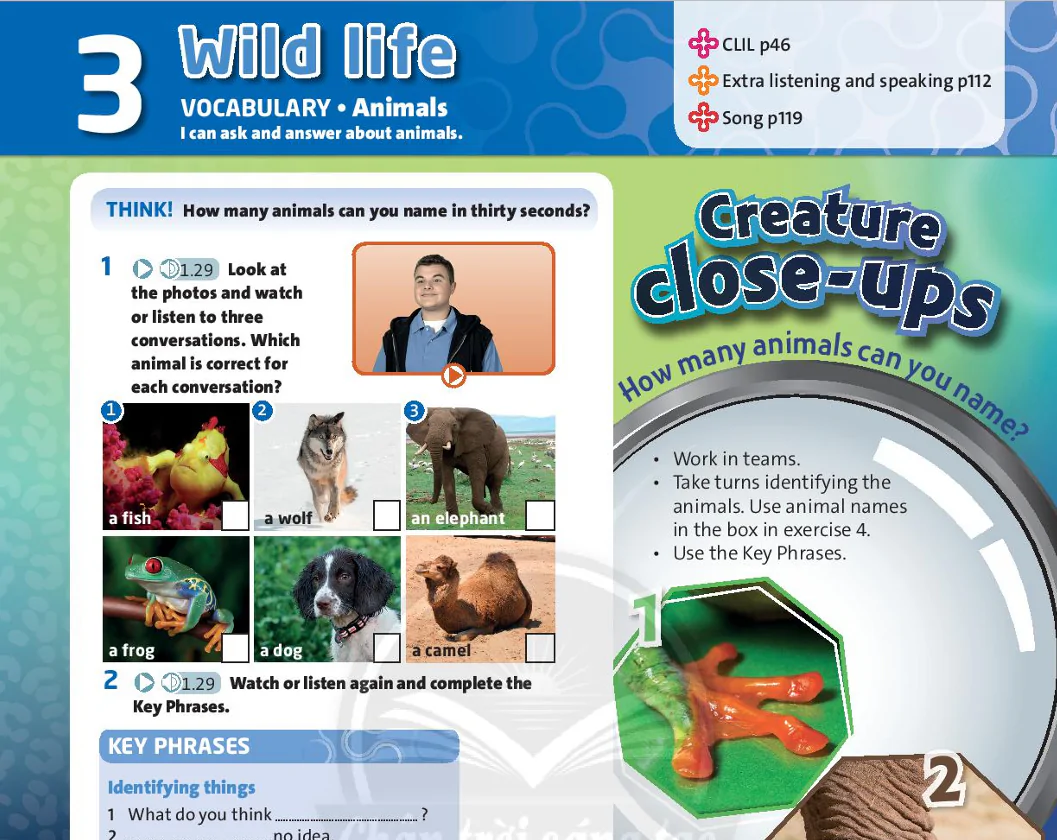

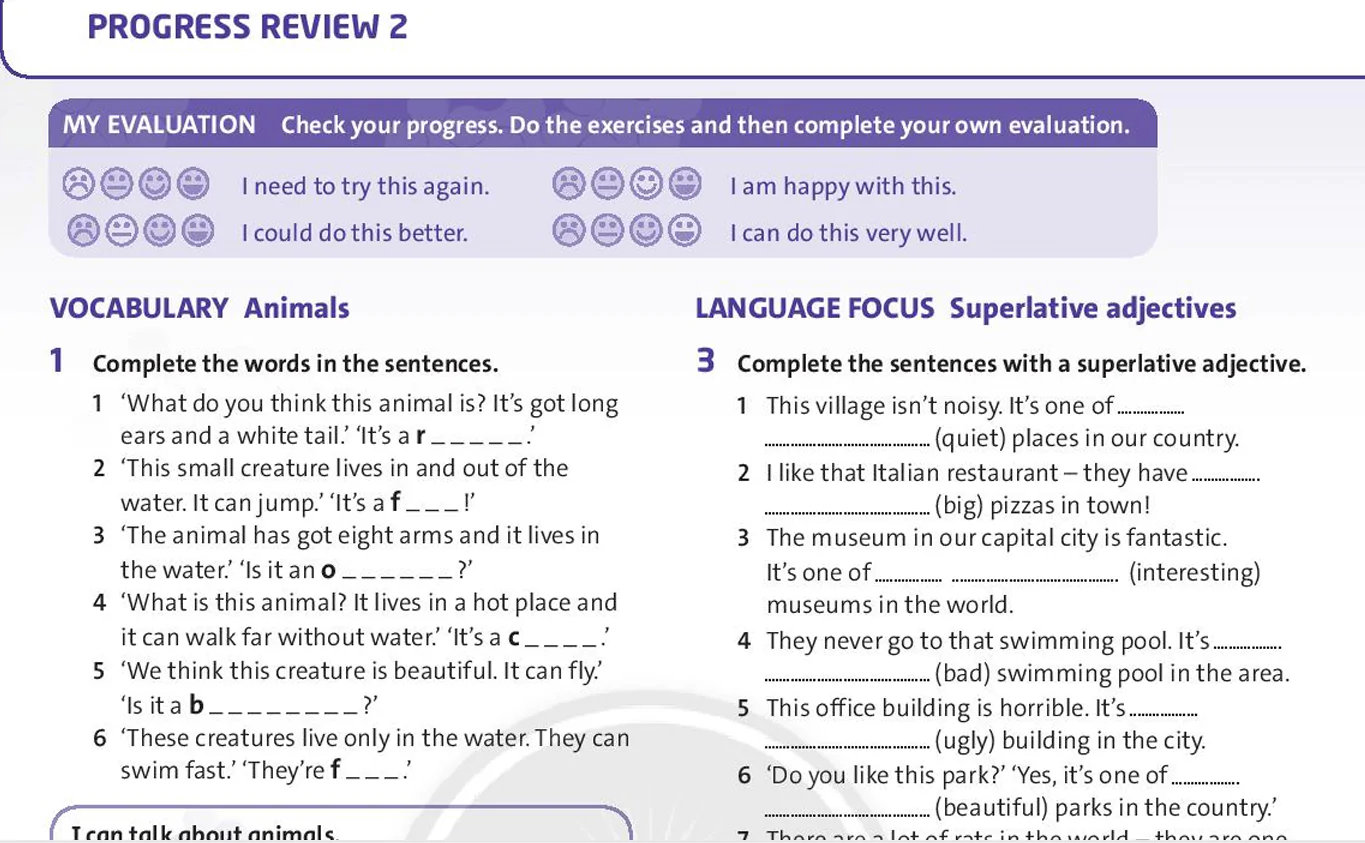

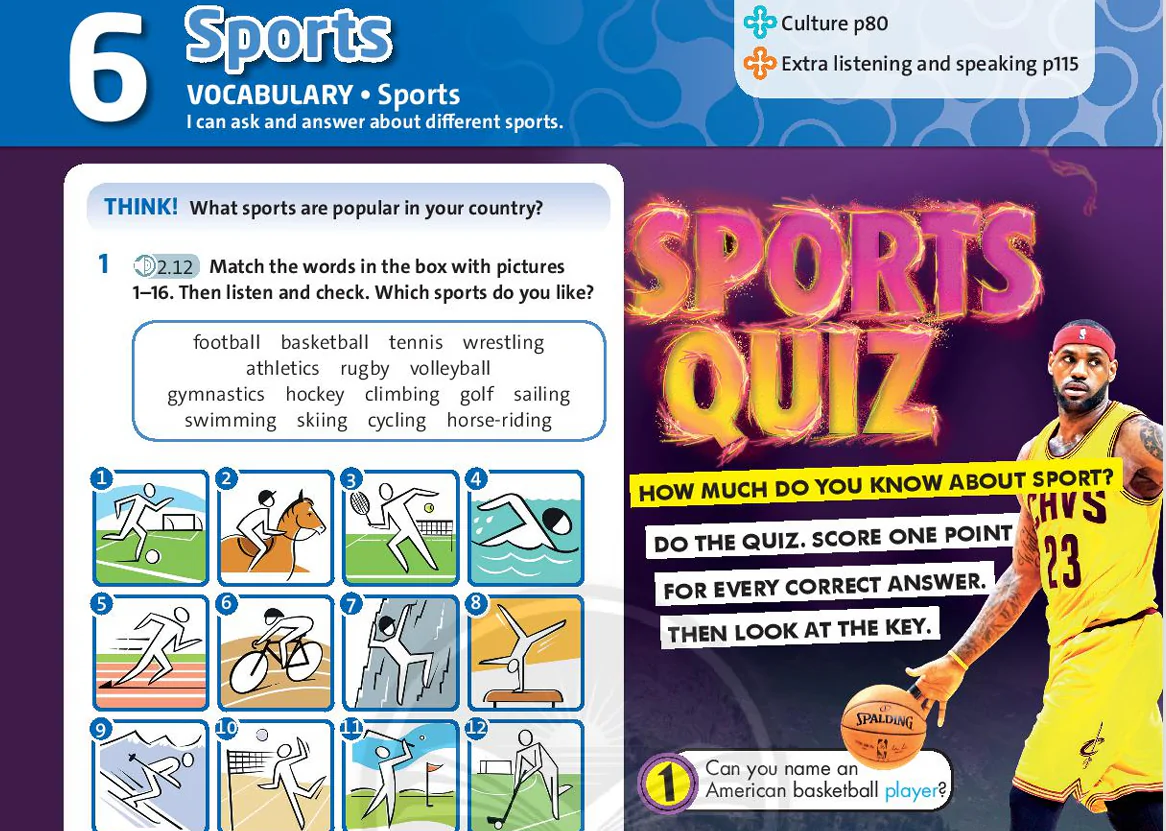
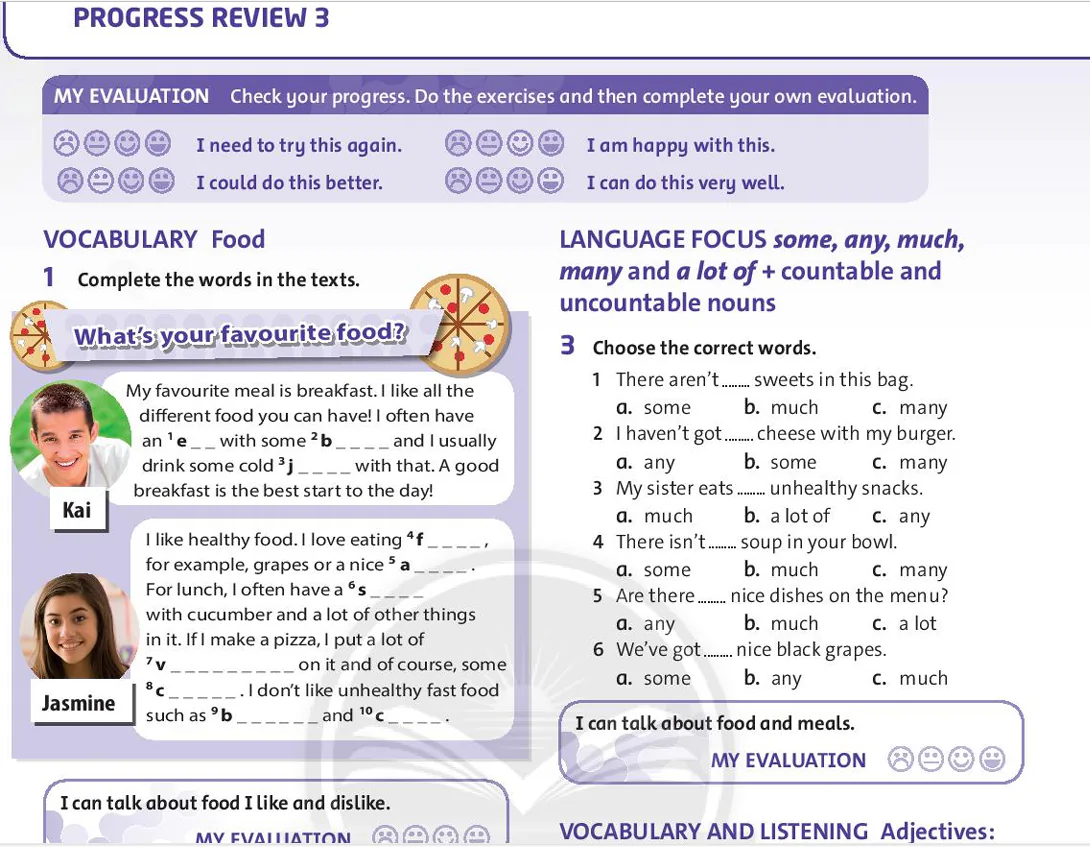
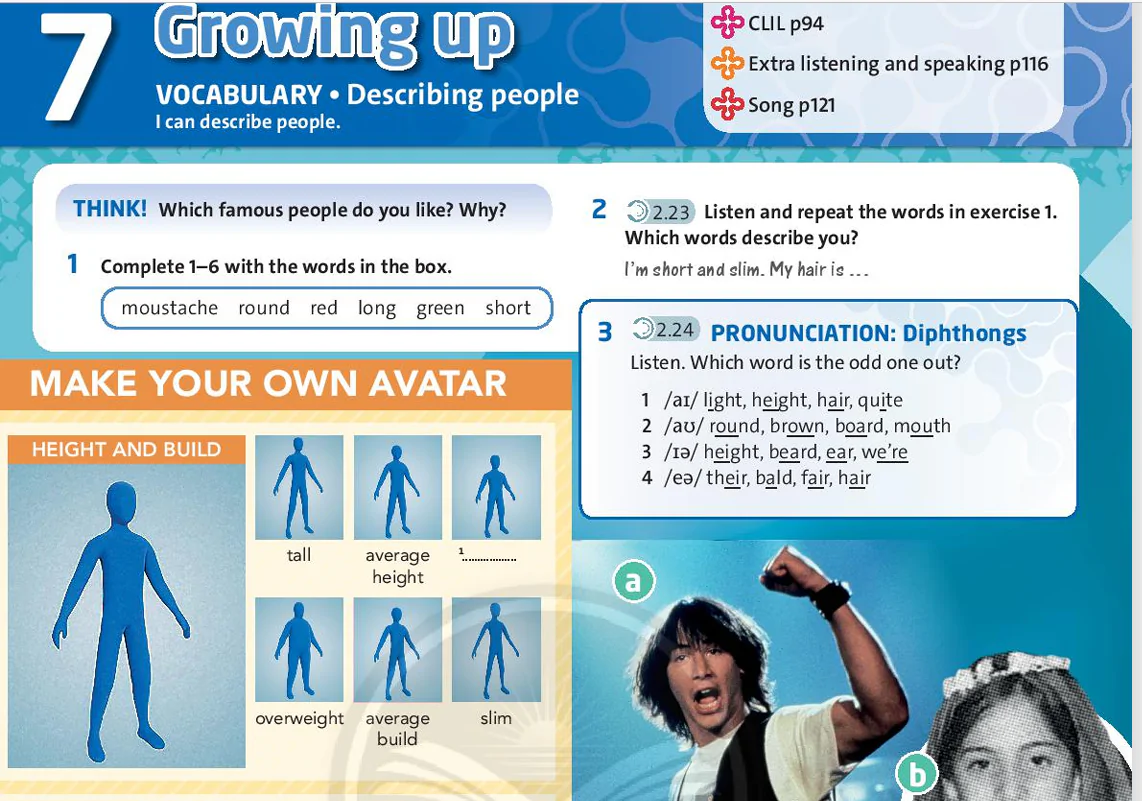
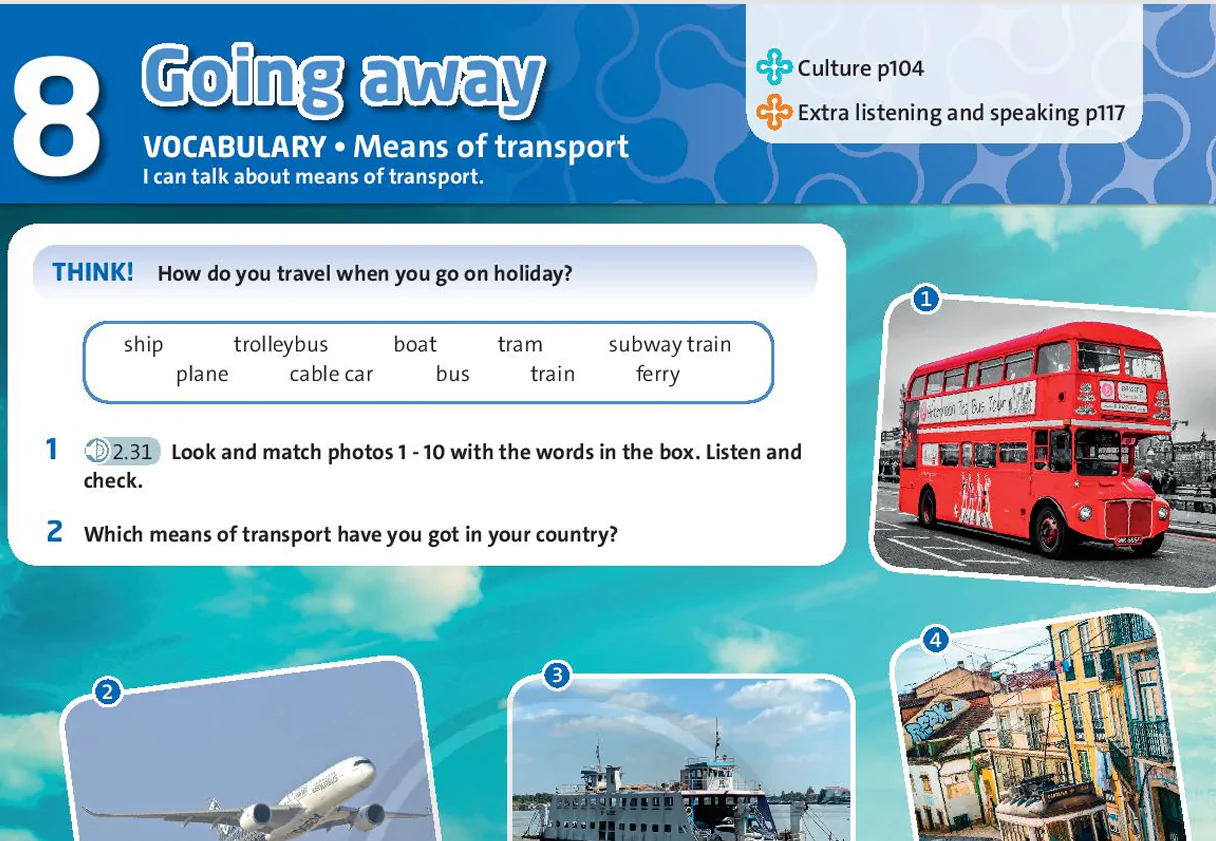
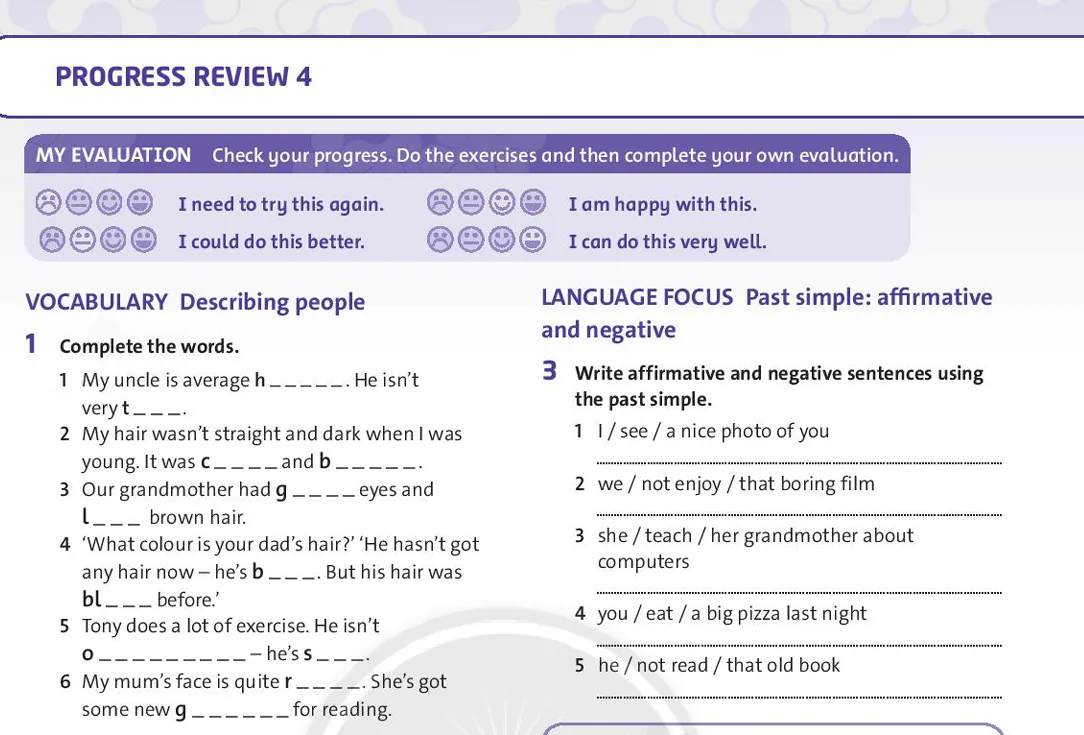
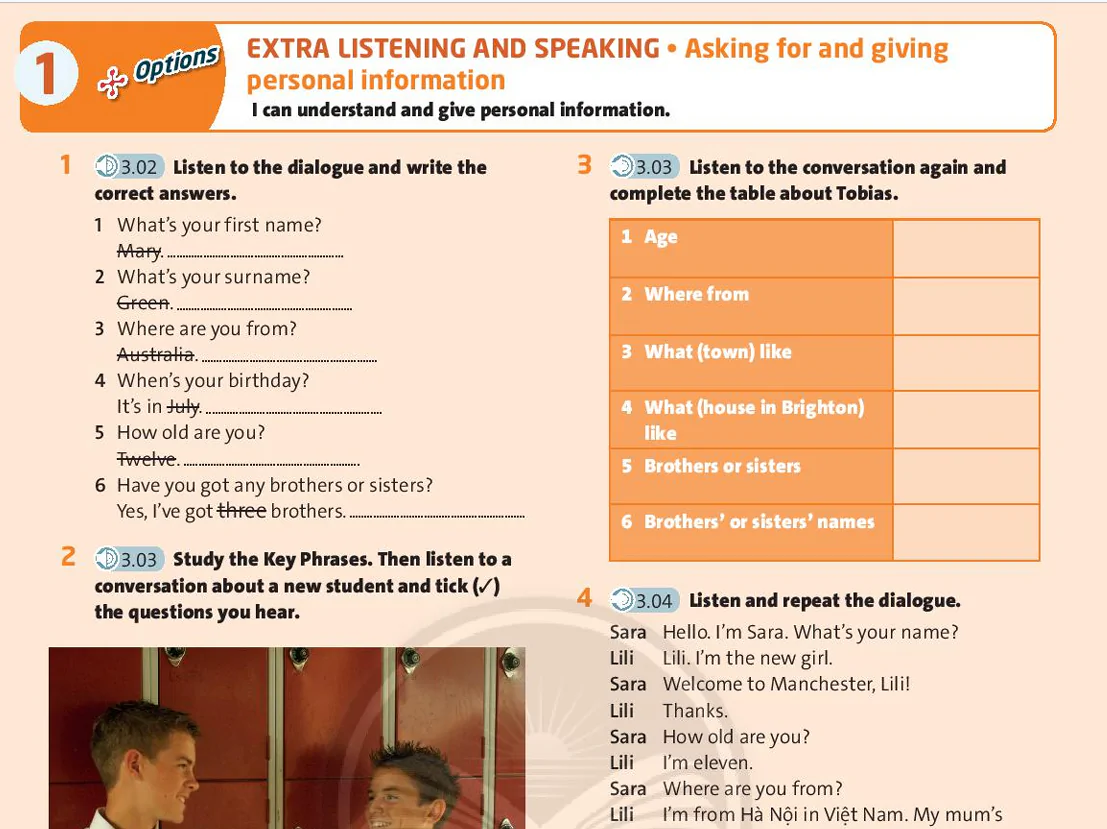
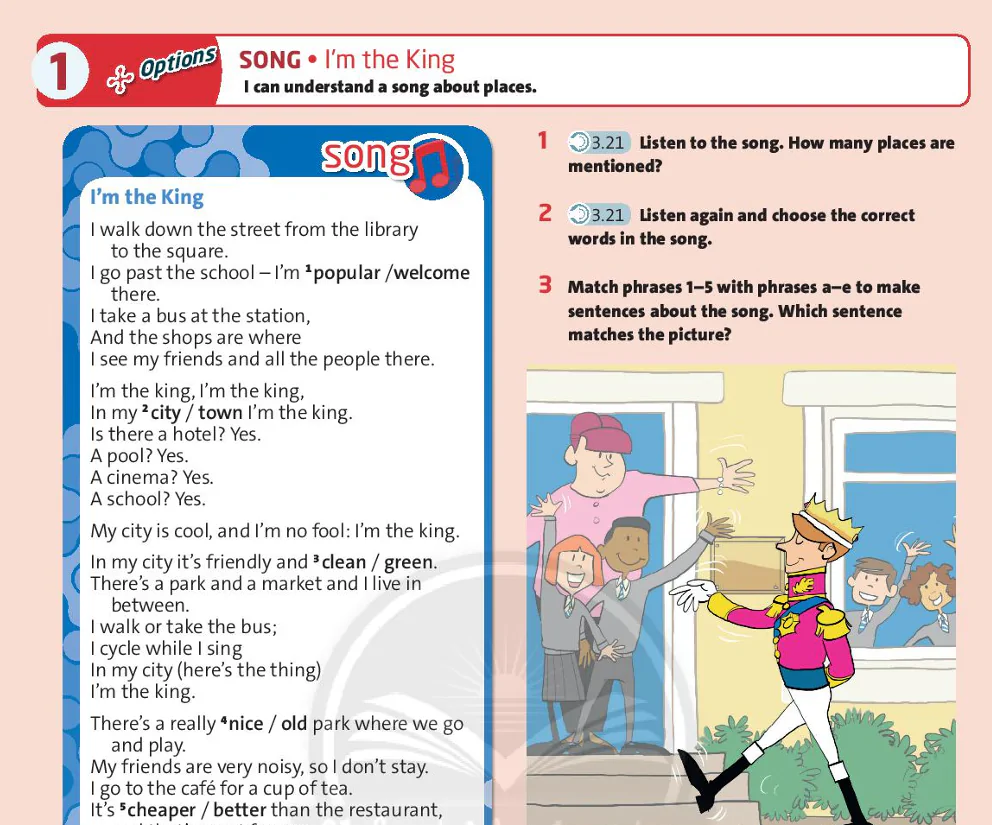
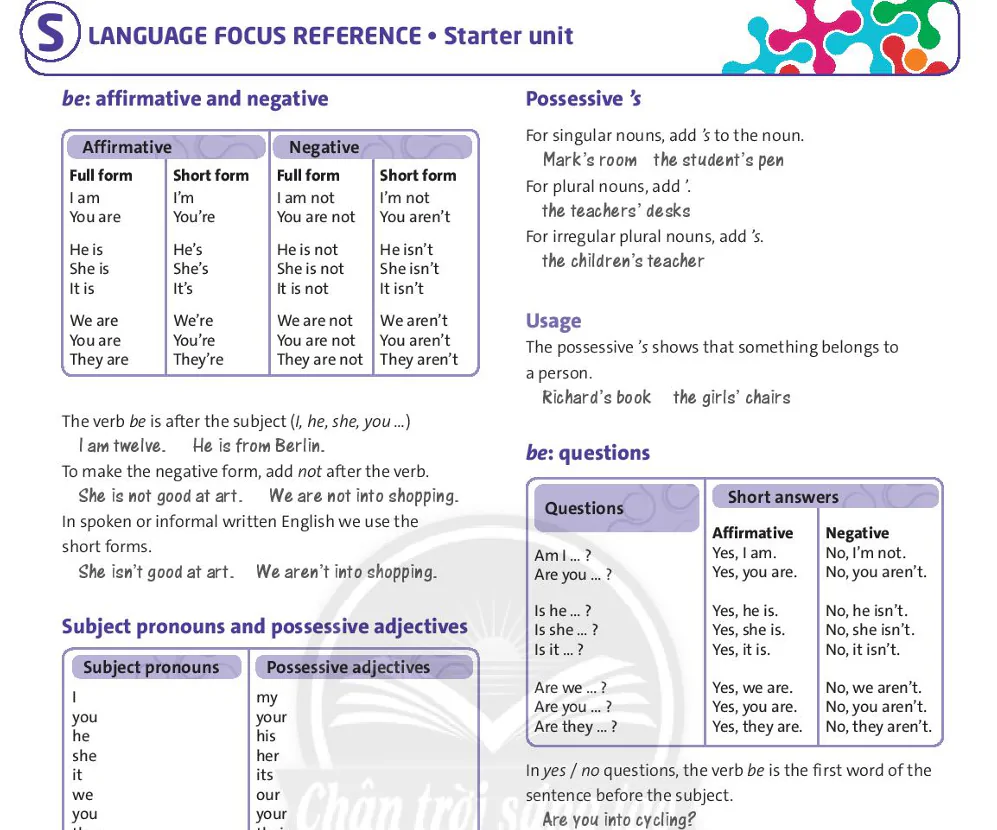
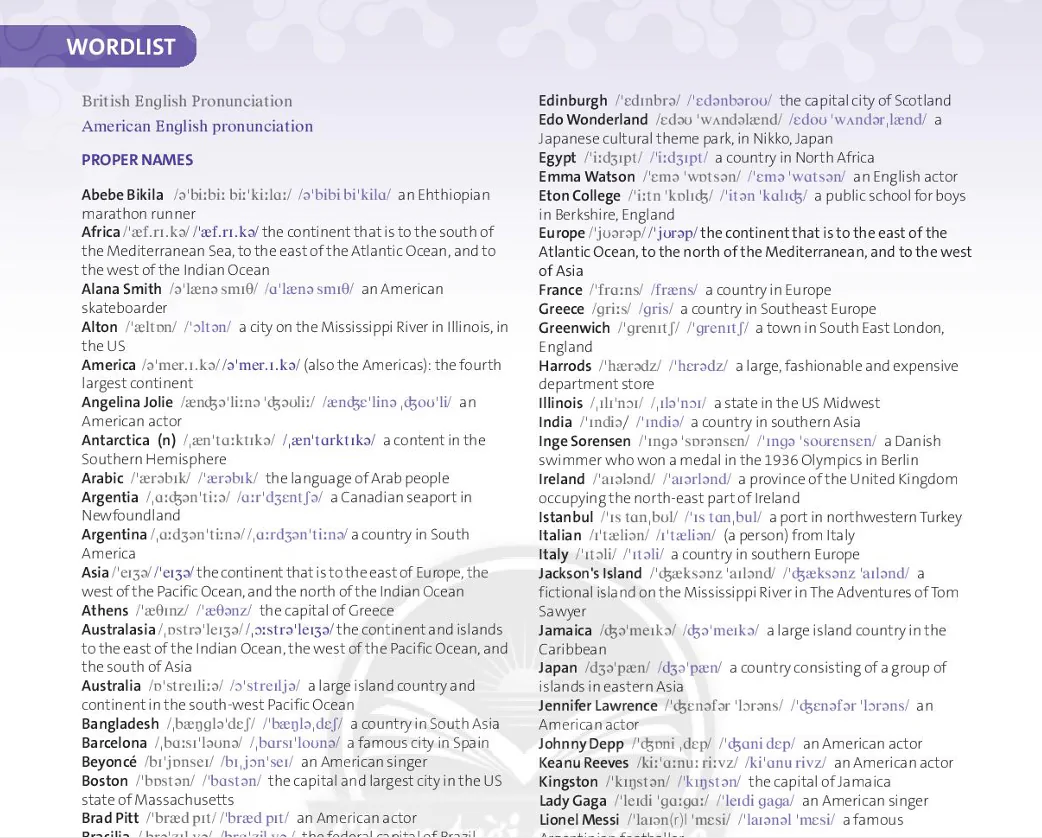



















Bình Luận
Để Lại Bình Luận Của Bạn